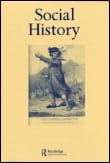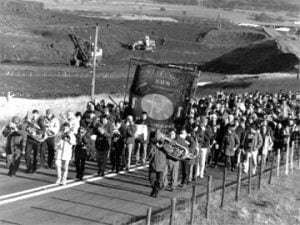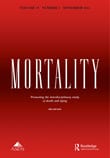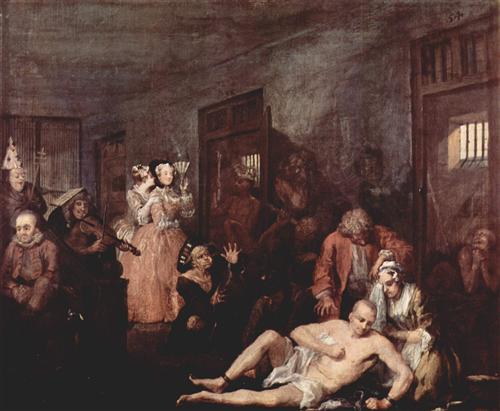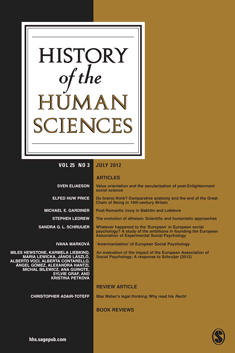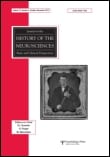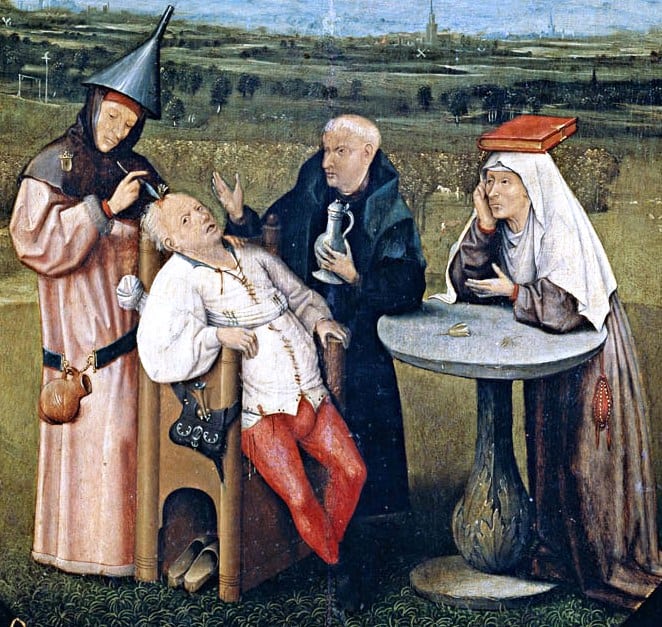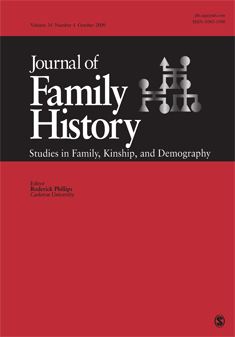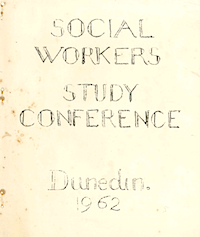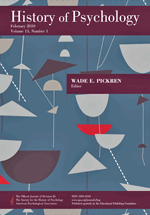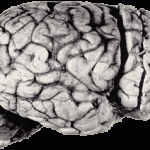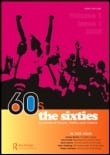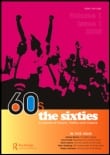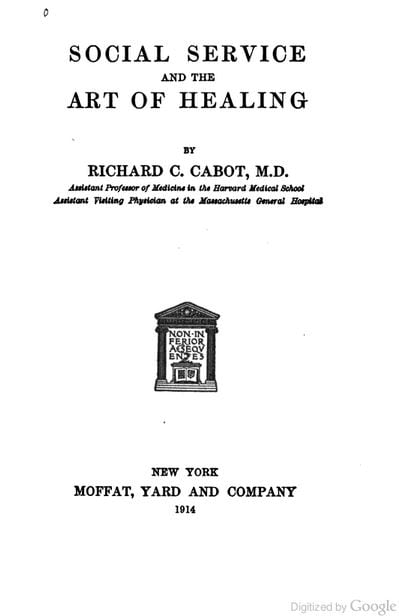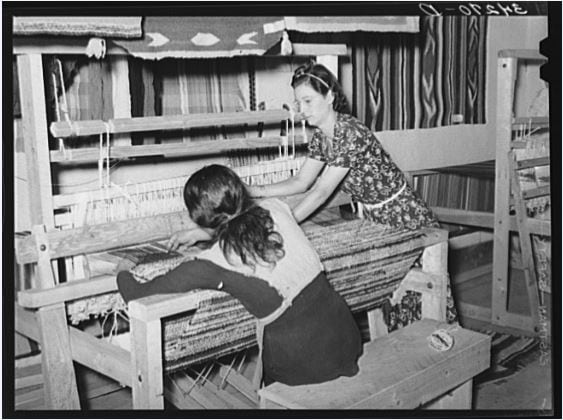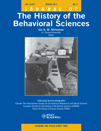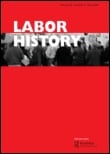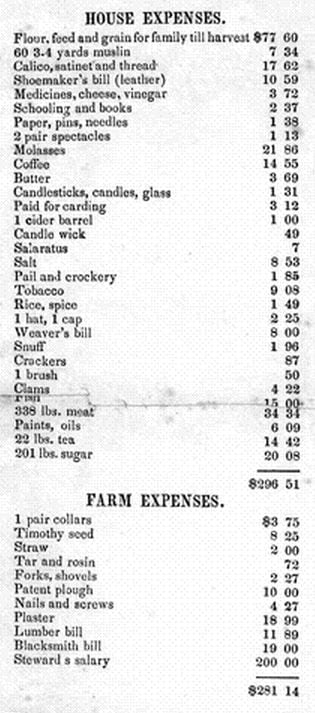When Women Support the Patriarchal Family: The Dynamics of Marriage in a Gcamines Mining Camp (Katanga Province, DR Congo)
Newsletter networks in the feminist history and archives movement
We are A People, One People: How 1967 Transformed Holocaust Memory and Jewish Identity in Israel and the US
Loose, idle and disorderly: vagrant removal in late eighteenth-century Middlesex
Historical Demography for Late Marriage in China: A Verification Study
Tower Colliery Social Welfare Club Still Represents our History Today
Tower Colliery SWC was formed in 1951, at that time 1200 men worked at Tower. A general meeting was held and the men agreed to have 5p (1 shilling old money) deducted from their wages. This would be used for parties for the children of employees at Christmas. £1.50 would be used for retired miners to have “a get together” at the St Johns Ambulance Hall.
Prison registers, their possibilities and their pitfalls: the case of local prisons in nineteenth-century Quebec
Drawing the pillow, laying out and port wine: the moral economy of death, dying and bereavement in England, c.1840–1930
An Army of Civil Servants: Max Weber and Emile Durkheim on Socialism
The Madhouse by William Hogarth, 1773
Adapting, defending and transforming ourselves: Conceptualizations of self practices in the social science literature
First-cousin Marriage in Tudor and Stuart England: 1540-1688
The Making of DSM-III: A Diagnostic Manual’s Conquest of American Psychiatry by Hannah S. Decker
Strategic Action Fields in US Higher Education: The 1939 Mercer University Heresy Trial
Extraction of the Stone of Folly by Hieronymus Bosch circa 1488 – 1516
Raising the Workers’ Flag: The Workers’ Unity League of Canada, 1930-1936
Class, experience and Britain’s twentieth century
‘before midnight she had miscarried’: Women, Men, and Miscarriage in Early Modern England
Social Workers’ Study Conference held at Dunedin [Aotearoa New Zealand]
More than marching: two cases of nonviolent resistance against the Vietnam War
Utica State Hospital
Structure at Arthurdale, West Virginia, a planned community housing destitute families during the Great Depression
Chronology of psychology in Britain
Making up intelligence scales: De Sanctis’s and Binet’s tests, 1905 and after.
Working women in France, nineteenth and twentieth centuries. Where, when, and which women were in work at marriage?
Family biography, fertility and memory-making in an AIDS-affected South African site
The Great War and the Origins of Humanitarianism, 1918–1924.
WPA Administrator appears before Senate Relief Committee. Washington, D.C. (1938)
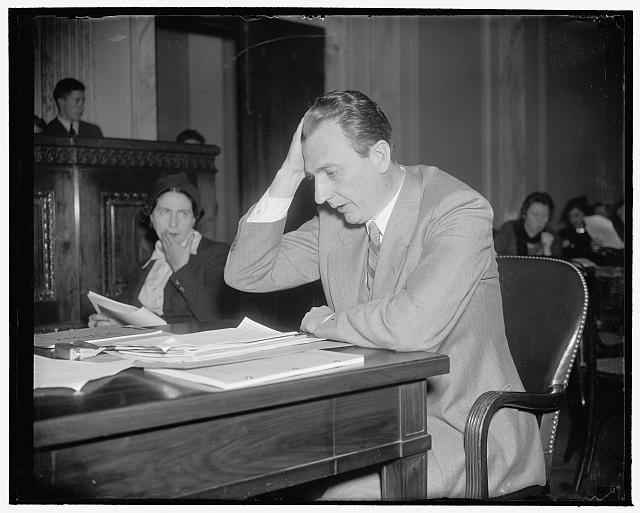 Library of Congress Prints and Photographs Division
Library of Congress Prints and Photographs Division
Corrington Gill, Asst. WPA Administrator told the Senate Committee on relief today that large numbers of rural families are facing serious deprivation, Gill declared that at least 3,500,000 families. At more than one out of every four rural families has received public assistance at some time during the Depression.
Youth will make the revolution: creating and contesting the youth frame in the New Left
The civil service in the First World War
A new dawn for the new left: Liberation News Service, Montague Farm, and the long Sixties A new dawn for the new left: Liberation News Service, Montague Farm, and the long Sixties
Social service and the art of healing (1914)
James Burnham, Sidney Hook, and the Search for Intellectual Truth: From Communism to the Cold War, 1933–1956 James Burnham, Sidney Hook, and the Search for Intellectual Truth: From Communism to the Cold War, 1933–1956
The New Communalism: The Unrealized Mid-Twentieth Century Vision of Planned Unit Development
Nostalgia: a conceptual history
WPA (Works Progress Administration/Work Projects Administration) supervisor instructing Spanish-American woman in weaving of rag rug. WPA project. Costilla, New Mexico (1939)
A Tale of Two Congresses: The Psychological Study of Psychical, Occult, and Religious Phenomena, 1900–1909
History of Australian inquiries reviewing institutions providing care for children
What do unions do? And how do they do it?
…
Continue reading here:
What do unions do? And how do they do it? What do unions do? And how do they do it?



